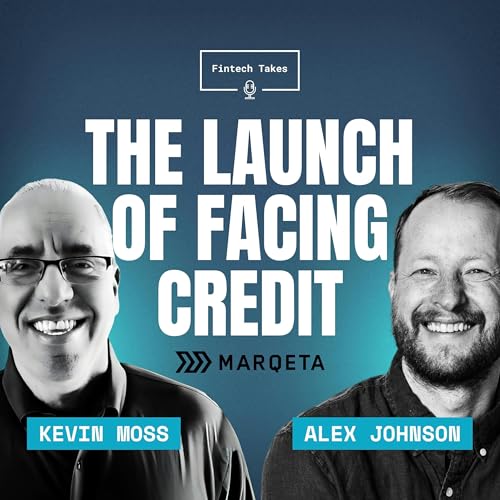Welcome back to our new miniseries Vertical SaaS: Fintech Disruption by a Thousand Cuts, sponsored by our friends at Pipe. In episode 5, hosts Alex Johnson and Luke Voiles (CEO of Pipe) sit down with Lacey Ford, CMO at ABC Fitness, to unpack how vertical SaaS companies go to market (through the lens of fitness tech, of course). ABC Fitness is a vSaaS platform focused on serving businesses in the fitness and health industry, from massive, multi-location gyms to independent personal trainers, studios, and boutiques. Given the breadth of different businesses that ABC Fitness serves, across multiple countries, it’s easy to see just how important a strong go-to-market strategy is for the company. (Not to mention, gyms are becoming a third place community – one where Gen Z is driving growth, and wearables, biometrics, and AI are all raising expectations). This is a true B2B2C motion where owners are hands on and tiny moments at the front desk (or a declined payment) are greater than the sum of their parts. Here’s how Lacey maps it across segments: enterprises move through consultative cycles, studios want speed with clear time to value, and coaches live in a PLG flow inside ABC Trainerize. Big picture, Lacey brings it home to the operating cadence: put the customer at the center, get the right people in early around a shared narrative and shared metrics, and close the loop. Do that, and go to market and retention become the same muscle (pun intended). And remember to subscribe to catch our LAST episode! Thanks for listening! This episode was brought to you by Pipe. Pipe helps vertical SaaS platforms unlock fast, flexible capital, right inside their product. Learn more at pipe.com/fintechtakes. Sign up for Alex’s Fintech Takes newsletter for the latest insightful analysis on fintech trends, along with a heaping pile of pop culture references and copious footnotes. Every Monday and Thursday: https://workweek.com/brand/fintech-takes/ And for more exclusive insider content, don’t forget to check out my YouTube page. Follow Alex: YouTube: https://www.youtube.com/channel/UCJgfH47QEwbQmkQlz1V9rQA/videos LinkedIn: https://www.linkedin.com/in/alexhjohnson Twitter: https://www.twitter.com/AlexH_Johnson Follow Luke: https://www.linkedin.com/in/luke-voiles/ Follow Lacey: https://www.linkedin.com/in/laceyaford/ Learn more about Pipe here.
続きを読む
一部表示
 28 分
28 分 58 分
58 分 2025/10/2956 分
2025/10/2956 分 2025/10/2745 分
2025/10/2745 分 2025/10/221 時間 10 分
2025/10/221 時間 10 分 43 分
43 分 59 分
59 分 50 分
50 分
